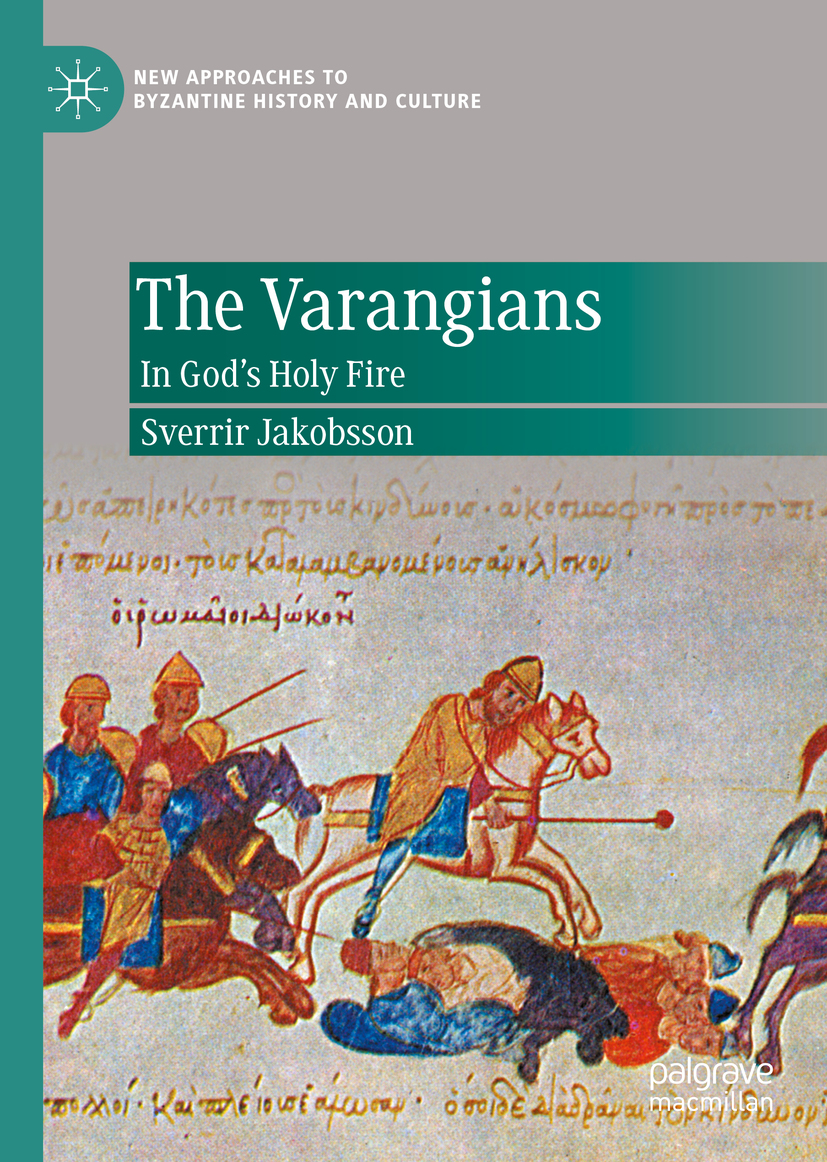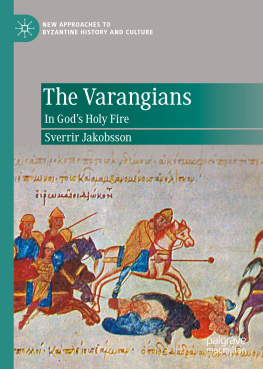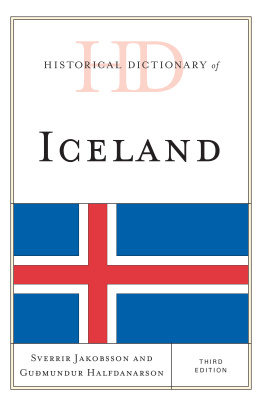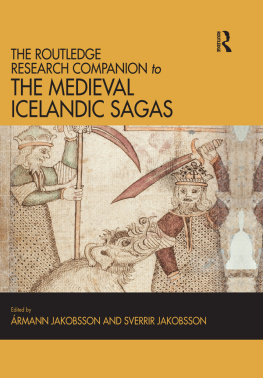Sverrir Jakobsson - The Varangians
Here you can read online Sverrir Jakobsson - The Varangians full text of the book (entire story) in english for free. Download pdf and epub, get meaning, cover and reviews about this ebook. year: 0, genre: Religion. Description of the work, (preface) as well as reviews are available. Best literature library LitArk.com created for fans of good reading and offers a wide selection of genres:
Romance novel
Science fiction
Adventure
Detective
Science
History
Home and family
Prose
Art
Politics
Computer
Non-fiction
Religion
Business
Children
Humor
Choose a favorite category and find really read worthwhile books. Enjoy immersion in the world of imagination, feel the emotions of the characters or learn something new for yourself, make an fascinating discovery.
- Book:The Varangians
- Author:
- Genre:
- Year:0
- Rating:3 / 5
- Favourites:Add to favourites
- Your mark:
- 60
- 1
- 2
- 3
- 4
- 5
The Varangians: summary, description and annotation
We offer to read an annotation, description, summary or preface (depends on what the author of the book "The Varangians" wrote himself). If you haven't found the necessary information about the book — write in the comments, we will try to find it.
The Varangians — read online for free the complete book (whole text) full work
Below is the text of the book, divided by pages. System saving the place of the last page read, allows you to conveniently read the book "The Varangians" online for free, without having to search again every time where you left off. Put a bookmark, and you can go to the page where you finished reading at any time.
Font size:
Interval:
Bookmark:

New Approaches to Byzantine History and Culture publishes high-quality scholarship on all aspects of Byzantine culture and society from the fourth to the fifteenth centuries, presenting fresh approaches to key aspects of Byzantine civilization and new studies of unexplored topics to a broad academic audience. The series is a venue for both methodologically innovative work and ground-breaking studies on new topics, seeking to engage medievalists beyond the narrow confines of Byzantine studies. publishes high-quality scholarship on all aspects of Byzantine culture and society from the fourth to the fifteenth centuries, presenting fresh approaches to key aspects of Byzantine civilization and new studies of unexplored topics to a broad academic audience. The series is a venue for both methodologically innovative work and ground-breaking studies on new topics, seeking to engage medievalists beyond the narrow confines of Byzantine studies.
The core of the series is original scholarly monographs on various aspects of Byzantine culture or society, with a particular focus on books that foster the interdisciplinarity and methodological sophistication of Byzantine studies. The series editors are interested in works that combine textual and material sources, that make exemplary use of advanced methods for the analysis of those sources, and that bring theoretical practices of other fields, such as gender theory, subaltern studies, religious studies theory, anthropology, etc. to the study of Byzantine culture and society.
More information about this series at http://www.palgrave.com/gp/series/14755

Cover illustration: Science History Images / Alamy Stock Photo
This Palgrave Macmillan imprint is published by the registered company Springer Nature Switzerland AG.
The registered company address is: Gewerbestrasse 11, 6330 Cham, Switzerland
To my daughter Stna Sign, the adornment of her parents
Writing books is only one of many ways a scholar has to communicate with an audience, and not necessarily the most efficient one. Having composed a few articles on the Varangians, I nevertheless felt a need for a larger canvas on which to paint an image of the Varangians which differs so markedly from those usually found in general surveys and textbooks.
As it happens, one of my first publications as a scholar happened to be on a similar topic. It was called: A Research Survey on Scholarly Works Concerning the Varangians and their Relations with the Byzantine Empire 8381204. This was published in June 1994 in a brief volume made by the MA students at the Centre for Medieval Studies at Leeds to celebrate the twenty-fifth anniversary of the centre. Another twenty-five years were to pass before I had finished the first draft of the present book in October 2019.
During the writing of my doctoral thesis, on the topic The World View of Medieval Icelanders 11001400, the Varangians made an unexpected reappearance. I was looking for examples of Icelandic attitudes towards the Great Schism and, to my surprise, I discovered that Medieval Icelanders had little awareness of its existence. I published a brief article on the topic in an Icelandic journal which was read by another Icelander, the philosopher Jhann Pll rnason. He found this conclusion sufficiently interesting to report it to Jonathan Shepard, one of the greatest authorities on the Medieval Roman/Byzantine Empire . On his urging, I sent a more densely argued article on the topic to the Czech journal Byzantinoslavica in 2008. Since then, I have been involved again with the Varangians, as a sideline from my writings on the political history of Medieval Iceland.
At that time, more than a decade or so ago, I would never have conceived of a book on the topic of the Varangians. I felt that this would be an almost unsurmountable task, as my ideas about the Varangians were a far remove from the ideas then dominant in almost every book or article on the topic, very much shaped by the work done by Sigfs Blndal and Adolf Stender-Petersen in the early twentieth century. However, in the last decade or so, other scholars have been increasingly challenging those premises, and I feel that it is now possible to write about the Varangians without painstaking explanations of why the image of them delineated by me is so different from that of Blndal .
As can be inferred from the preceding paragraph, I am indebted to many scholars of the present generation who have been challenging established orthodoxies in the most recent years. I was also fortunate enough to be a part of a research group devoted to revitalizing studies of the relations between Scandinavia and the Medieval Roman Empire, the results of which can be seen in the monograph Byzantium and the Viking World (from 2016) and other works. If no man is an island, this is especially true about scholars, and most of the ideas which form the premise of this work are the results of minds other than my own, doing work which I have benefitted from.
Font size:
Interval:
Bookmark:
Similar books «The Varangians»
Look at similar books to The Varangians. We have selected literature similar in name and meaning in the hope of providing readers with more options to find new, interesting, not yet read works.
Discussion, reviews of the book The Varangians and just readers' own opinions. Leave your comments, write what you think about the work, its meaning or the main characters. Specify what exactly you liked and what you didn't like, and why you think so.





